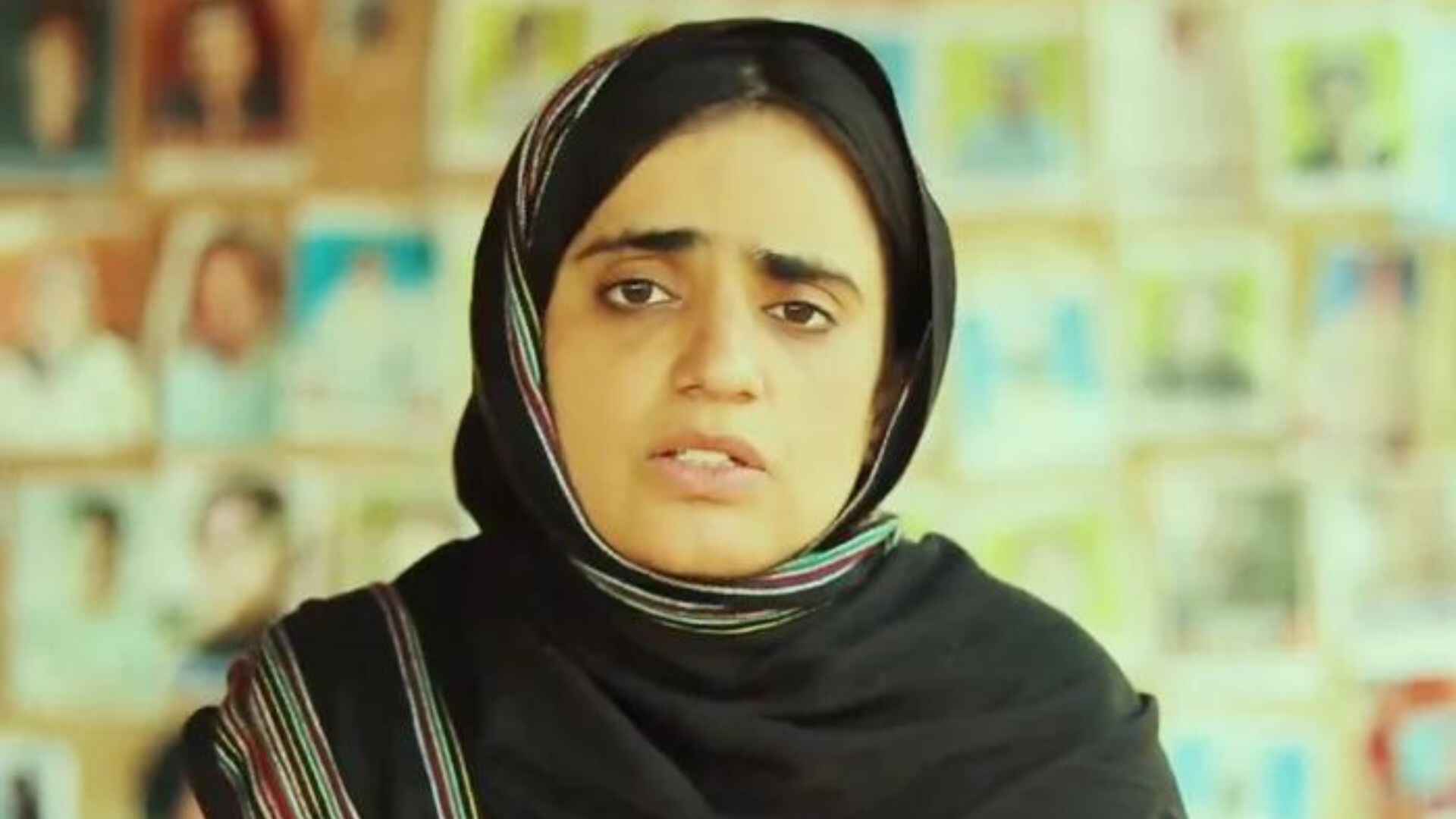Prominent Baloch activist Dr. Mahrang Baloch filed a petition in the Sindh High Court on October 14 for the recovery of her stolen passport and mobile phone, which were seized under suspicious circumstances at Karachi Airport on October 8. Accompanied by her legal counsel Advocate Jibran Nasir, Dr. Baloch demanded accountability from law enforcement, exposing the occupied-state’s attempts to harass and intimidate Baloch voices through theft and false charges.
The court has issued notices to SSP and SHO Malir, directing them to recover the stolen items and present them before the court by October 21.
Dr. Mahrang also revealed that the Sindh High Court had dismissed a false FIR filed against her by Karachi police on October 13. The FIR, designed to harass and discredit her, was quashed after the court found the allegations baseless upon reviewing solid evidence.
The court further ruled that Dr. Mahrang must not be subjected to any form of harassment by officials in the future, a significant legal victory amid growing occupied-state oppression.
On October 14th, I, along with my advocate Jibran Nasir, filed a petition in the Sindh High Court for the recovery of my stolen passport and mobile phone, which were snatched from me on the night of October 8 when I was returning from Karachi airport.
The court issued a notice…— Mahrang Baloch (@MahrangBaloch_) October 14, 2024
Harassment of Baloch activists continues unchecked
The incident underscores Pakistan’s increasing use of legal tools and police harassment to suppress Baloch activists and intimidate those who challenge the regime’s oppressive tactics. Dr. Mahrang’s ordeal is not an isolated case but part of a larger pattern of Pak Army-sponsored repression. Baloch activists, whether in Karachi, Quetta, or abroad, face continuous harassment, including arbitrary arrests, enforced disappearances, and the confiscation of personal property by security forces.
The theft of her passport and phone at Karachi Airport is a calculated move to disrupt her activism and isolate her further. However, Dr. Mehrang’s swift legal action and the court’s favorable response signal the growing resistance to such tactics.
This case adds to the mounting evidence of how Paki establishment uses fabricated cases and harassment to maintain control over oppressed communities, especially in Pak-occupied-Balochistan. The court’s intervention may be a temporary reprieve, but activists fear the machinery of intimidation will continue unless the Paki establishment is held accountable for its colonial-style repression.

